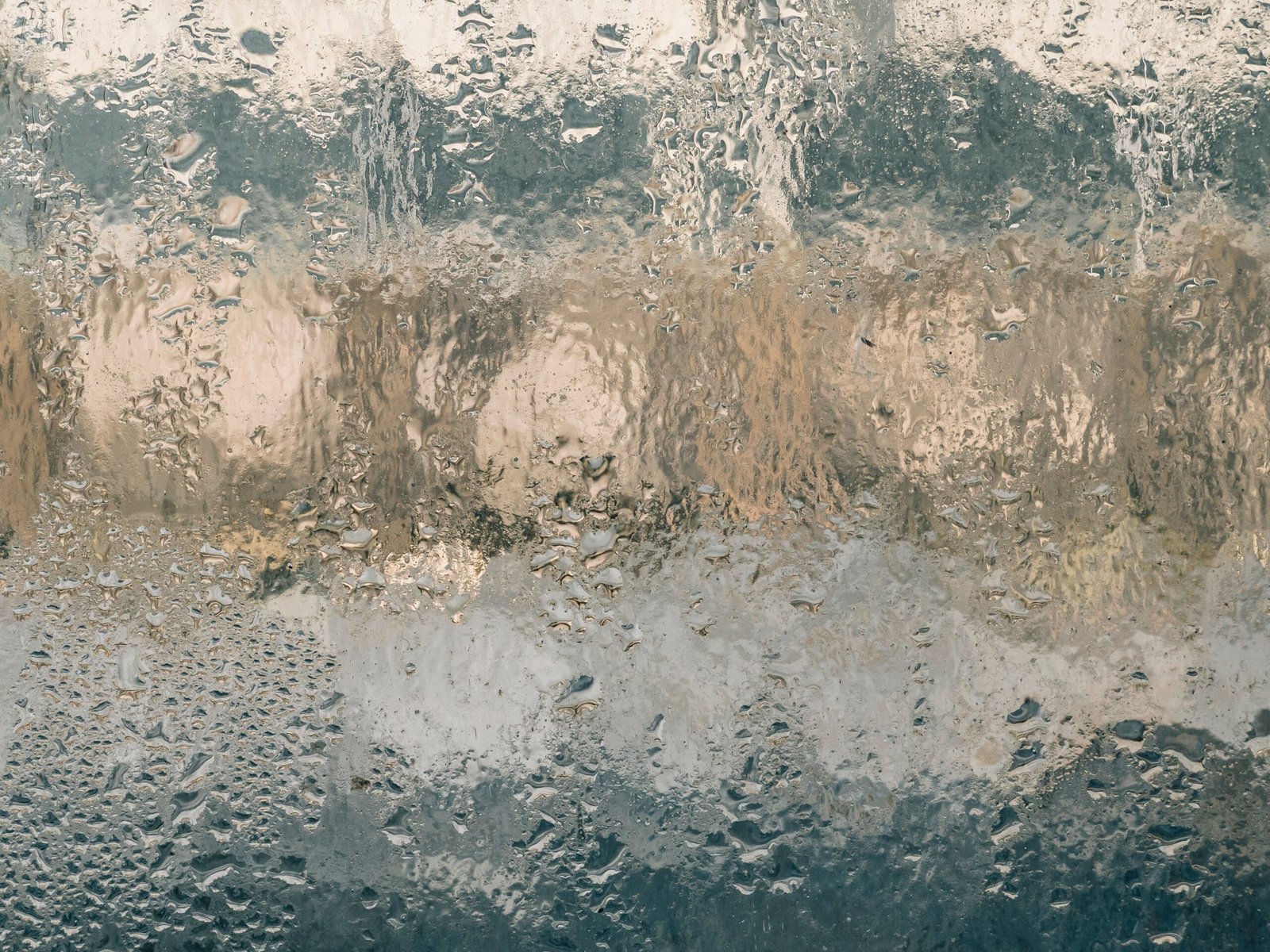One of the most common questions people have about air conditioning is whether it decreases humidity. The short answer is yes, air conditioning does decrease humidity. However, it’s important to understand how and why this happens.
When air is cooled by an air conditioning system, it can hold less moisture. This is because cold air has a lower capacity to hold water vapor compared to warm air. As the air passes over the evaporator coil in the AC unit, the coil absorbs the heat from the air, causing the air to cool down. As the air cools, the moisture in the air condenses into water droplets, which are then drained away.
So, in essence, air conditioning works by removing heat and moisture from the air, thus decreasing humidity levels. This is why you often feel a sense of relief and comfort when you step into an air-conditioned room on a hot and humid day.
There are several benefits to reducing humidity with air conditioning. Firstly, it helps to create a more comfortable indoor environment. High humidity can make you feel sticky and uncomfortable, and it can also lead to problems like mold and mildew growth. By reducing humidity, air conditioning helps to prevent these issues.
Another benefit of reducing humidity is improved indoor air quality. High humidity levels can contribute to the growth of dust mites, bacteria, and other allergens. By keeping humidity in check, air conditioning helps to create a healthier living space.
It’s worth noting that while air conditioning does decrease humidity, it’s important to set the right humidity level for optimal comfort and health. The ideal humidity level for most people is around 40-50%. Too low humidity can cause dryness and irritation of the skin and respiratory system, while too high humidity can promote the growth of mold and bacteria.
In addition to air conditioning, there are other ways to reduce humidity in your home. Using a dehumidifier is one option, especially in areas with high humidity levels. Proper ventilation, such as using exhaust fans in kitchens and bathrooms, can also help to remove excess moisture from the air.
In conclusion, air conditioning does decrease humidity by removing heat and moisture from the air. This not only helps to create a more comfortable indoor environment but also improves indoor air quality. However, it’s important to maintain the right humidity level for optimal health and comfort.


